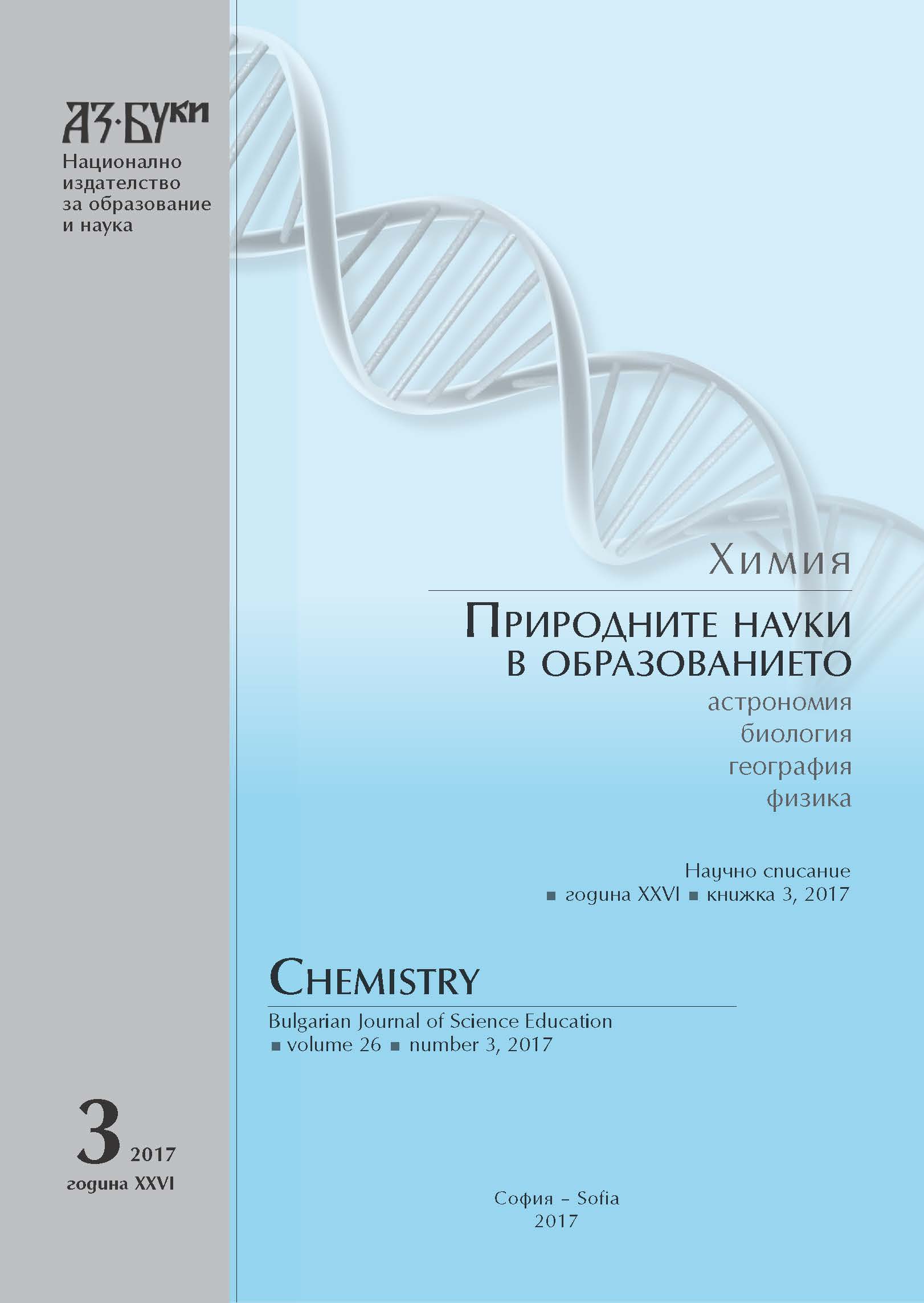Evaluation of Antibacterial Activity of Different Solvent Extracts of Teucrium Chamaedrys (L.) Growing Wild in Kosovo
Evaluation of Antibacterial Activity of Different Solvent Extracts of Teucrium Chamaedrys (L.) Growing Wild in Kosovo
Author(s): Ibrahim Mehmeti, Sevdije Govori, Imer Haziri, Roze Berisha, Fatmir Faiku, Arben HaziriSubject(s): Social Sciences, Education, School education, Vocational Education, Adult Education, Higher Education , Inclusive Education / Inclusion
Published by: Национално издателство за образование и наука „Аз-буки“
Keywords: Teucrium chamaedrys (L.); antibacterial activity; agar disk diffusion method; organic extracts
Summary/Abstract: In this study the antibacterial efficiency of different organic extracts from Teucrium chamaedrys (L.), growing wild in Kosovo, was examined. Methanol, ethyl acetate, acetone, diethyl ether, water and chloroform extracts were tested against three gram positive bacteria Staphylococcus aureus (food isolate), Staphylococus aureus (clinical isolate), Listeria monocytogenes (clinical isolate) one gram negative bacteria Escherichia coli (clinical isolate). The antibacterial activity was determined by using agar disc diffusion method. The inhibition zone of extracts was compared to that of penicillin G as standard. Based on the results, the most intense activity was shown by the plant`s extracts with water and ethyl acetate. The ethyl acetate extract showed activity in all of the concentrations 1, 3 and 5 mg/ml towards Staphylococcus aureus (food isolate), Eshcheria coli and Listeria monocytogenes. Ethyl acetate extract of the plant with concentration 5 mg/ml showed a stronger antibacterial activity towards bacteria Eshcheria coli with inhibition zone of 12 mm. Aqueous extract of the plant with concentration 5 mg/ml showed a stronger antibacterial activity against bacteria Esherichia coli with inhibition zone of 12 mm. Also aqueous extracts of the Teucrium chamaedrys (L.) showed a stronger antibacterial activity as penicillin G against bacteria Staphylococcus aureus (clinical isolate). The antibacterial activity of the Teucrium chamaedrys (L.) was due to the presence of various secondary metabolites such as phenols and flavonoids. Hence, this plant can be used to discover bioactive natural products that may serve as leads in the development of new pharmaceuticals.
Journal: Химия. Природните науки в образованието
- Issue Year: 26/2017
- Issue No: 3
- Page Range: 431-441
- Page Count: 11
- Language: English
- Content File-PDF

